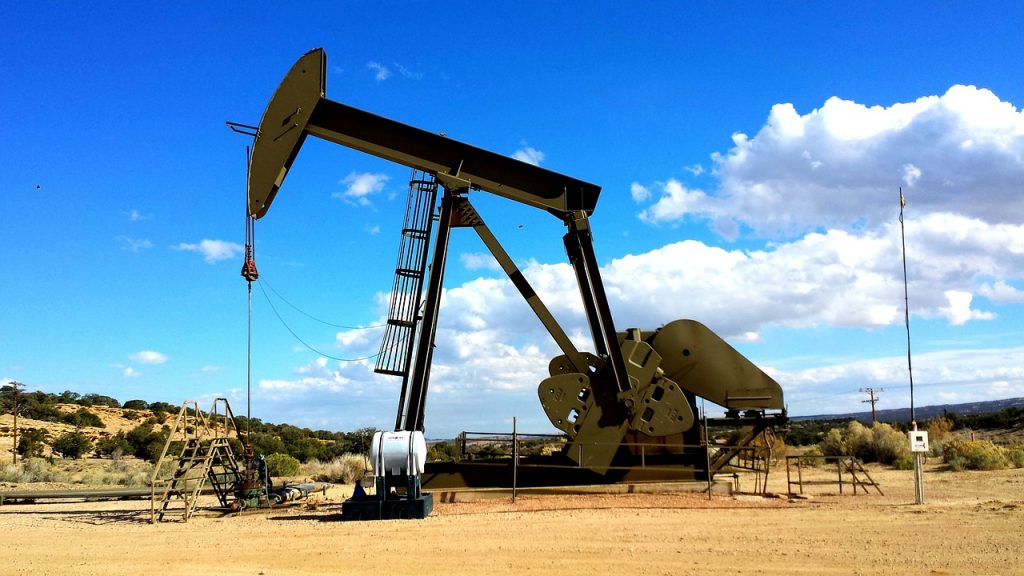US Oil Reserves Falling To Dangerously Low Levels?
The US is tapping its strategic oil reserves in the wake of OPEC's decision to reduce oil production in order to keep prices that consumers have to pay to fill up their tanks from skyrocketing again.
This article is more than 2 years old
Paying for fuel has been detrimental to countries worldwide, especially as inflation and supply chain disruptions plague people’s daily life. Currently, President Biden has tapped into the U.S. oil reserves to mitigate the rising importing costs and eliminate an impending deficit. Biden announced that he’d take 15 million more barrels from the reserve, totaling 180 million barrels released since the start of 2022.
The 15 million new oil barrels taken from the reserve won’t be released until December. Biden’s administration wants to ensure that gas prices don’t spike again, attempting to quell overall demand and stabilize heightened fuel costs. The president also wants to ensure the United States has less reliance on international imports from Russia or the Middle East.
OPEC+, or the Organization of the Petroleum Exporting Countries, is an international group that helps regulate oil market supply worldwide. The organization announced that it would reduce oil production from its represented countries by 2 million barrels a day by early November. The United States is very wary about this decision, with Biden stating to Saudia Arabia that there will be consequences if oil production is significantly diminished.
President Biden’s initiative to utilize the U.S. oil reserve to mitigate gas prices is a strategic move since inflation’s devastating effects have tarnished his presidency. Many blame the Democrats for the rising fuel costs, which have less to do with the presidency and more with unregulated capitalism and oil companies’ price gouging. Still, the U.S. president wants to ensure that he’s polling better by improving the country’s skyrocketing gasoline costs.
Some Republican politicians criticized President Biden’s move to remove millions of barrels from the U.S. oil reserve, believing it was a political move to boost Democrats’ polling in the upcoming midterms. Though this may be true, balancing gasoline demand by providing more fuel is a definite way to stabilize rising costs. By releasing over 180 million oil barrels in 2022, Biden’s administration hopes to stop the inflated gas prices that have financially devastated American citizens.

The United States has stagnated the rising gas costs that were at all-time highs in June. In fall 2022, Biden’s move to release more oil from the reserves saved Americans $60 per month compared to the heightened prices in early summer. Though 180 million barrels may seem significant, the Department of Energy has 400 million barrels left in the reserve if the gasoline deficit continues throughout 2023.
According to NPR, a senior Biden administration official stated that the Department of Energy remains “very able” to provide fuel from the U.S. oil reserves. The government agency will also be able to replenish the reserves once oil prices go down to $67 and $72 per barrel, with the current cost trading at an average of $83. Biden is also expected to speak with prominent fossil fuel companies to encourage them to limit their price gouging, though there’s no confirmation when these conversations will occur.
Due to corporations boosting their prices after the Russian invasion, some refinery companies are making profits that are doubled the amount they typically make yearly.










